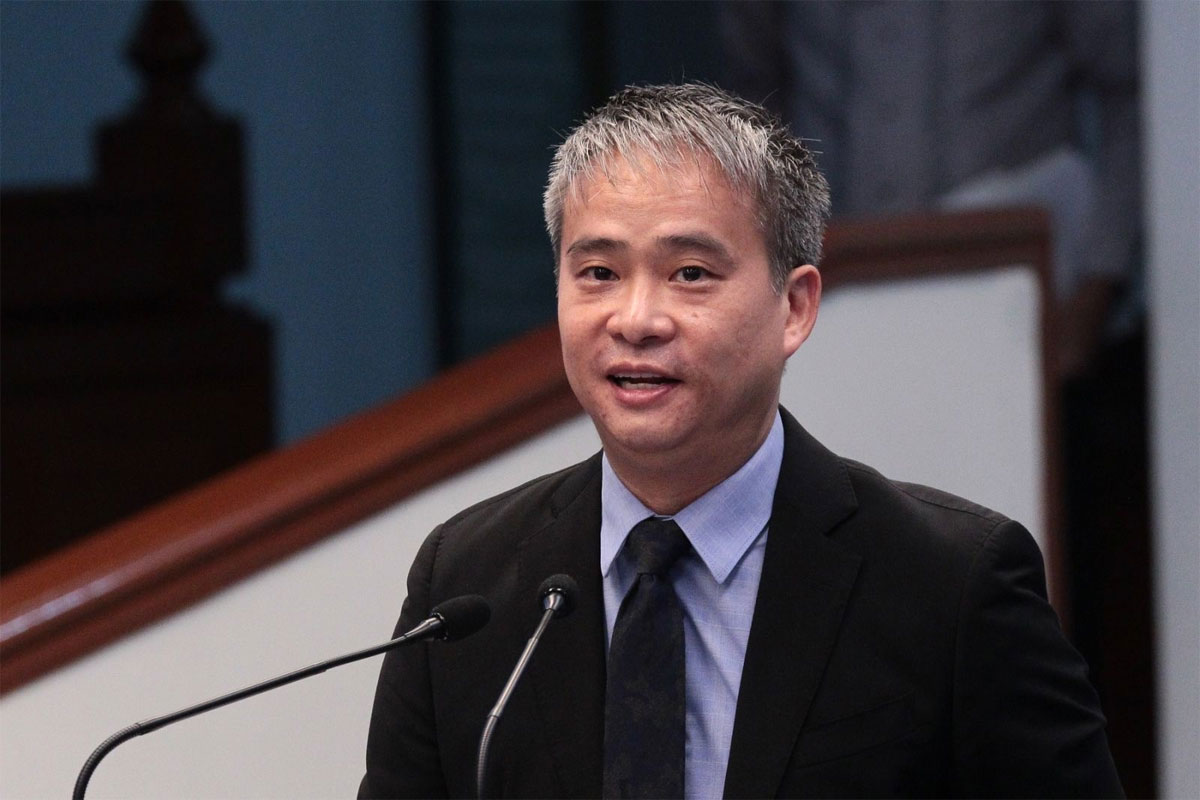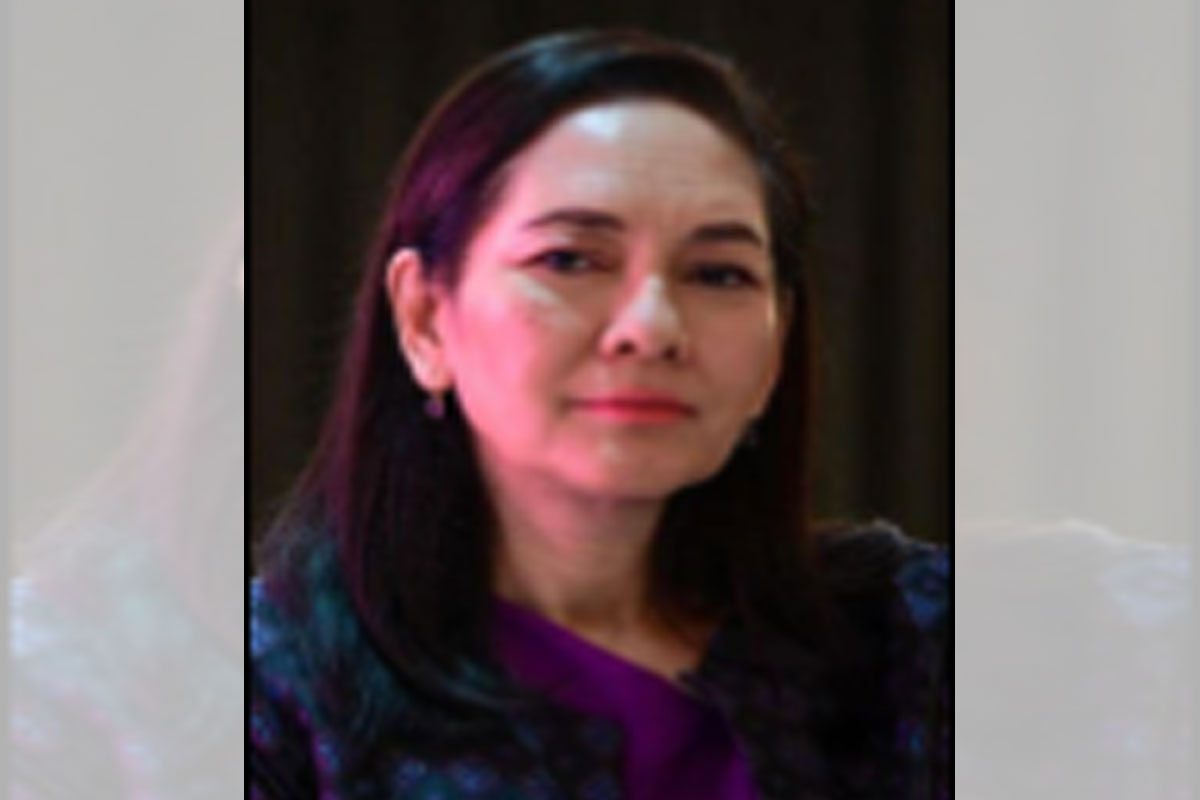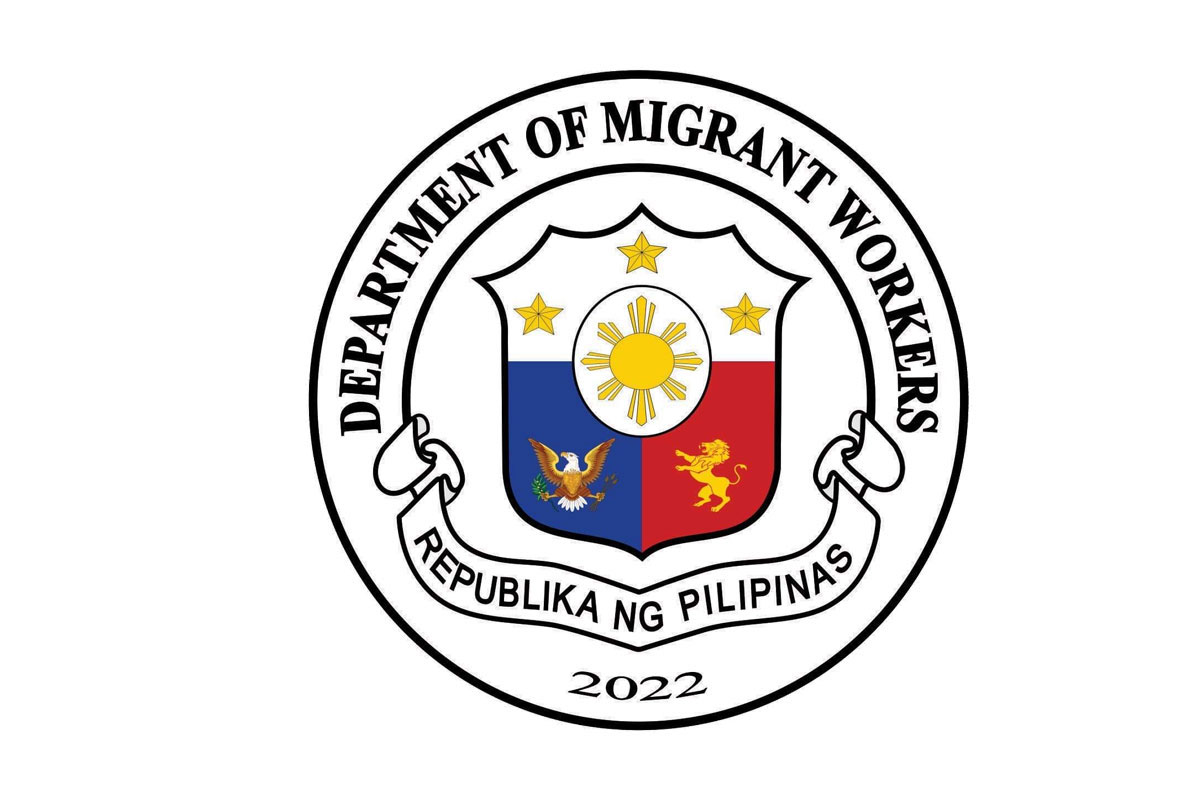
PH sailors at risk of losing jobs
SENATE Majority Leader Joel Villanueva, returning from an official trip to France to meet with members of the French Parliament, said the reputation and livelihoods of Filipino seafarers are at stake should the Philippines fail to comply with European qualifications of maritime education, training and certification.
For this reason, Villanueva is seeking a swift response from the Maritime Industry Authority (MARINA) and the Commission on Higher Education (CHED) to ensure the country’s compliance with the International Convention on Standards of Training, Certification, and Watchkeeping for Seafarers (STCW).
“Our counterparts in France speak highly of the dedication and work ethic of Filipino seafarers working in European vessels. We need to uphold that sterling reputation by securing the qualifications of our seafarers under European Union (EU) standards,”Villanueva said.
Villanueva added that the most urgent concern is for the country to pass the evaluation by the European Maritime Safety Agency (EMSA) of the country’s STCW compliance set in November.
The country has not been able to pass EMSA audits since 2006, and failure to comply with the STCW would result in the revocation of the recognition of Filipino seafarers’ qualifications.
“We assured in our meetings with members of the French Parliament that we are doing everything we can to maintain the EU qualifications of our Filipino seafarers. This is a promise not only to our European partners but also to our hardworking Filipino seafarers and their families,” Villanueva said.
Villanueva had previously called on MARINA and CHED to rectify the adverse findings of the 2020 EMSA audit of the country’s SCTW compliance, to which MARINA was given a deadline last March to respond. According to the Department of Migrant Workers (DMW), this is the final year of the Philippines to adopt corrective measures to fully comply with international standard.
According to DMW, failure to comply with the SCTW standards would affect some 30,615 Filipino seafarers currently working on EU-flagged ships, based on the numbers from the EMSA Outlook for 2020. Bangko Sentral ng Pilipinas data show that as of 2021, Filipino seafarers sent home a total of $6.54 billion (Php 378.96 billion).
“We need to find how we have been consistently failing the evaluations since 2006, and how MARINA and CHED can snap this losing streak. How did we let this go on for so long? Now, the entire industry and people’s livelihoods are in danger,” Villanueva stressed.
“MARINA and CHED, in coordination with agencies such as the DMW, should exert all efforts to help the industry and go full speed ahead to support the jobs of our Filipino seafarers,” he added.
Villanueva said he will request MARINA and CHED to submit a report on the compliance status of the SCTW, with the recommended corrective measures based on the EMSA audit findings.
The EMSA audit in 2020 indicated that the Philippines has inconsistencies in competencies in the education and training programs leading to the issuing of officers’ certificates, programs for teaching and examination methods, facilities and equipment, monitoring of inspections and evaluations of the schools, as well as concerns on the use of simulators and onboard training.
Villanueva is also seeking the immediate passage of the Magna Carta of Filipino Seafarers or Senate Bill No. 137 which enables agencies such as MARINA and CHED to ensure the country’s compliance with international standards and conventions such as the STCW. The senator’s bill also provides for the rights of Filipino seafarers, promotes women seafarers in the industry, and ensures the implementation of grievance mechanisms.
The proposed measure reached second reading during the 18th Congress, with Villanueva as the principal author and sponsor.
The Philippines is the largest seafarer-supplying country as of 2021 for both officers and rating seafarers, according to the United Nations Conference on Trade and Development (UNCTAD). The other countries in the top five are Russia, Indonesia, China, and India.

























